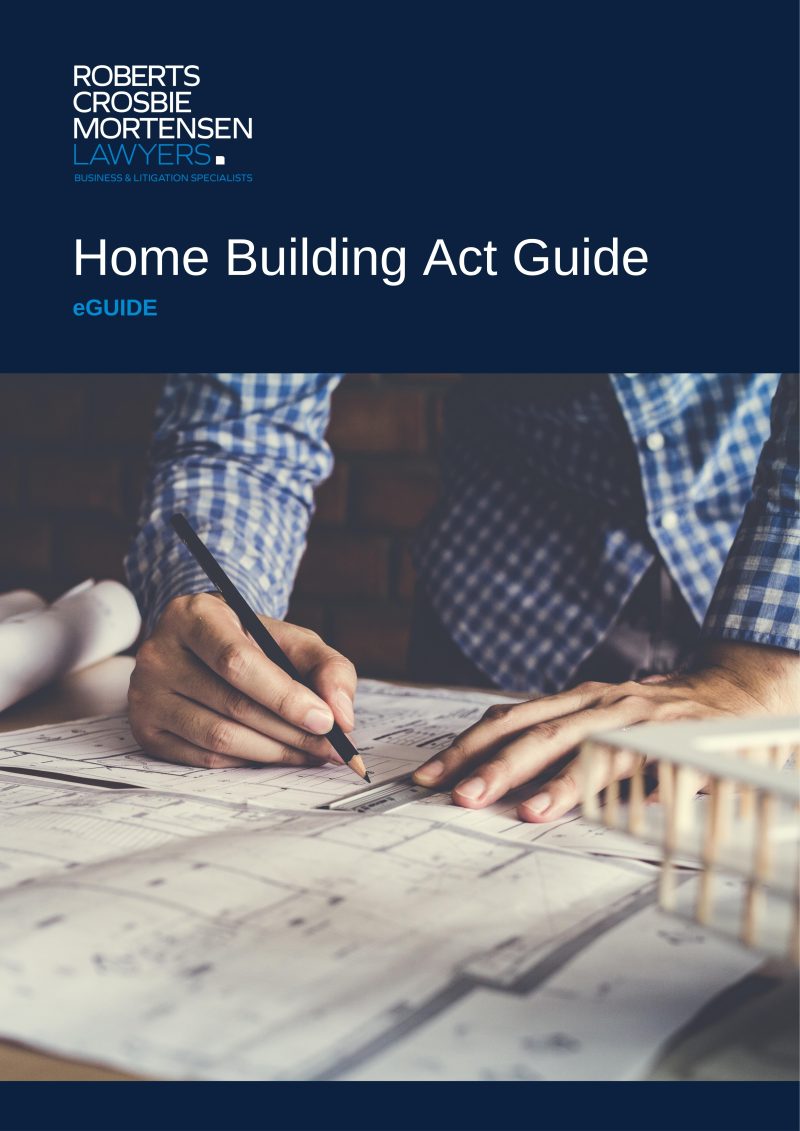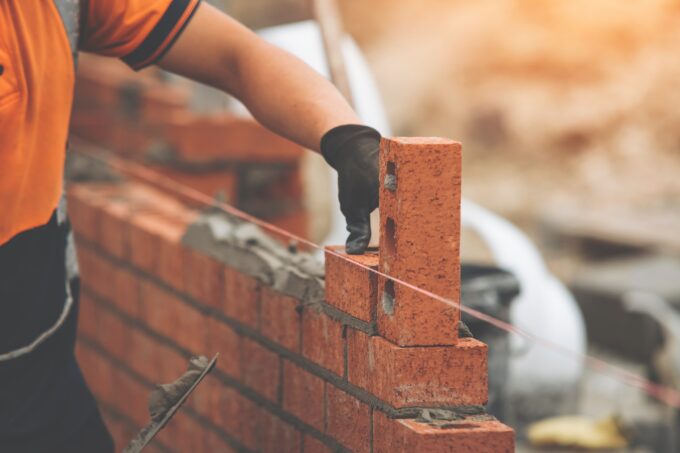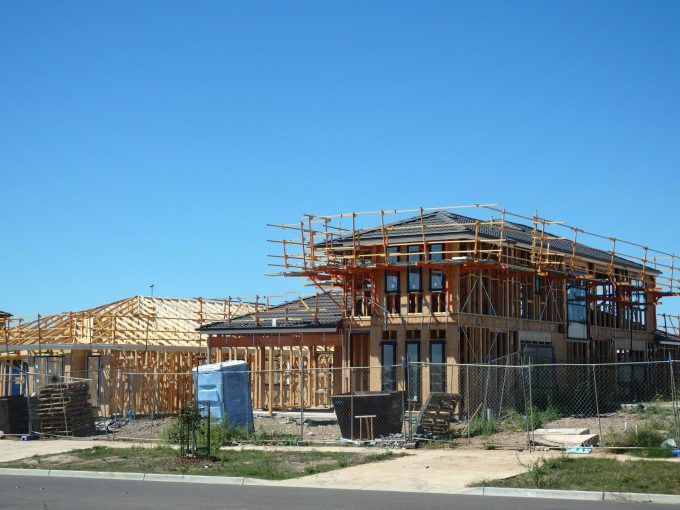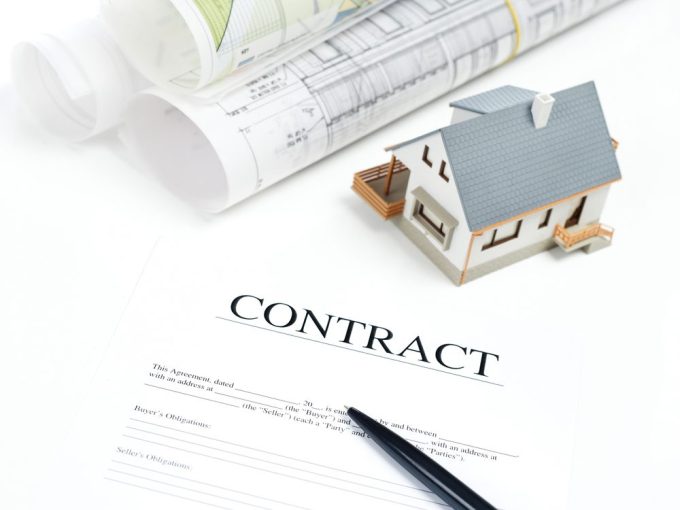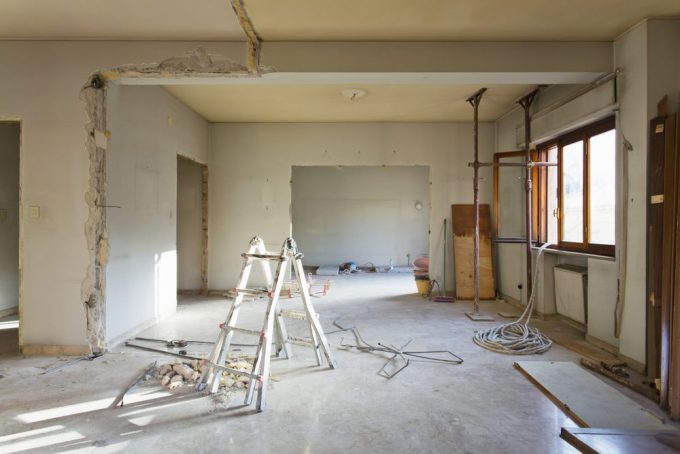With most home building disputes it is important to seek advice from an experienced Building & Construction Lawyer as soon as it becomes apparent that a residential building dispute has arisen.
When this occurs, prompt, direct and technically correct action is critical to ensure you can resolve the problem swiftly and/or position yourself for the best outcome in future.
Need an Answer Fast?
Our Home Building Dispute Lawyers include 3 Accredited Specialists in Commercial Litigation.
The team is one of the most highly recognised in NSW. In fact, we have more Accredited Specialists in Commercial Litigation than 99% of all law firms in NSW.
We are highly experienced in dealing with residential disputes both large and small, and have appeared for builders and home owners in residential building disputes in all relevant jurisdictions from the Home Building List of the NSW Civil & Administrative Tribunal to the Construction & Technology List of the Supreme Court of NSW.
Our Specialist Construction Lawyers can help you make better contracts, utilise Security of Payment laws, avoid foreseeable problems and resolve disputes cost effectively.
How We Help
Our expert Home Building Dispute Lawyers will ensure you make contracts you understand, avoid foreseeable problems and resolve disputes cost effectively.
We help Builders, Contractors and Home Owners:
- negotiate and make effective Contracts for Residential Building Works,
- understand and evaluate their rights and options in the event of a dispute,
- resolve disputes by negotiation, and
- pursue or defend their rights in proceedings before a Court or Tribunal.
Building Defects & Contract Administration Expertise
Our technical building defect and contract administration expertise is second to none.
Head of our Building & Construction Law team, Jack Lindgren is an Accredited Specialist in Commercial Litigation. Our expert team includes an additional two Accredited Specialists in Commercial Litigation and an Associate Solicitor with dual qualifications in Law and Construction Management with over 15 years’ experience in the construction industry.
Our teams unique mix of legal skills and practical construction industry experience provide a clear insight into the often very technical issues that are at the heart of many building disputes. Our teams legal expertise and construction industry experience give us an edge in any construction industry matter and ensures a sound and practical understanding of the technical issues at play.
Security of Payment Laws
The Building and Construction Industry Security of Payment Act 1999 applies to virtually all contracts or other arrangements relating to construction work or the supply of related goods or services, including residential building work since 1 March 2021, and is unlike any other law in the country.
The Act can be the source of significant rights as well as severe adverse consequences and should not be taken lightly nor should the potential benefits be overlooked.
As such, the ability to utilise Security of Payment Laws is an important consideration for nearly every construction dispute.




